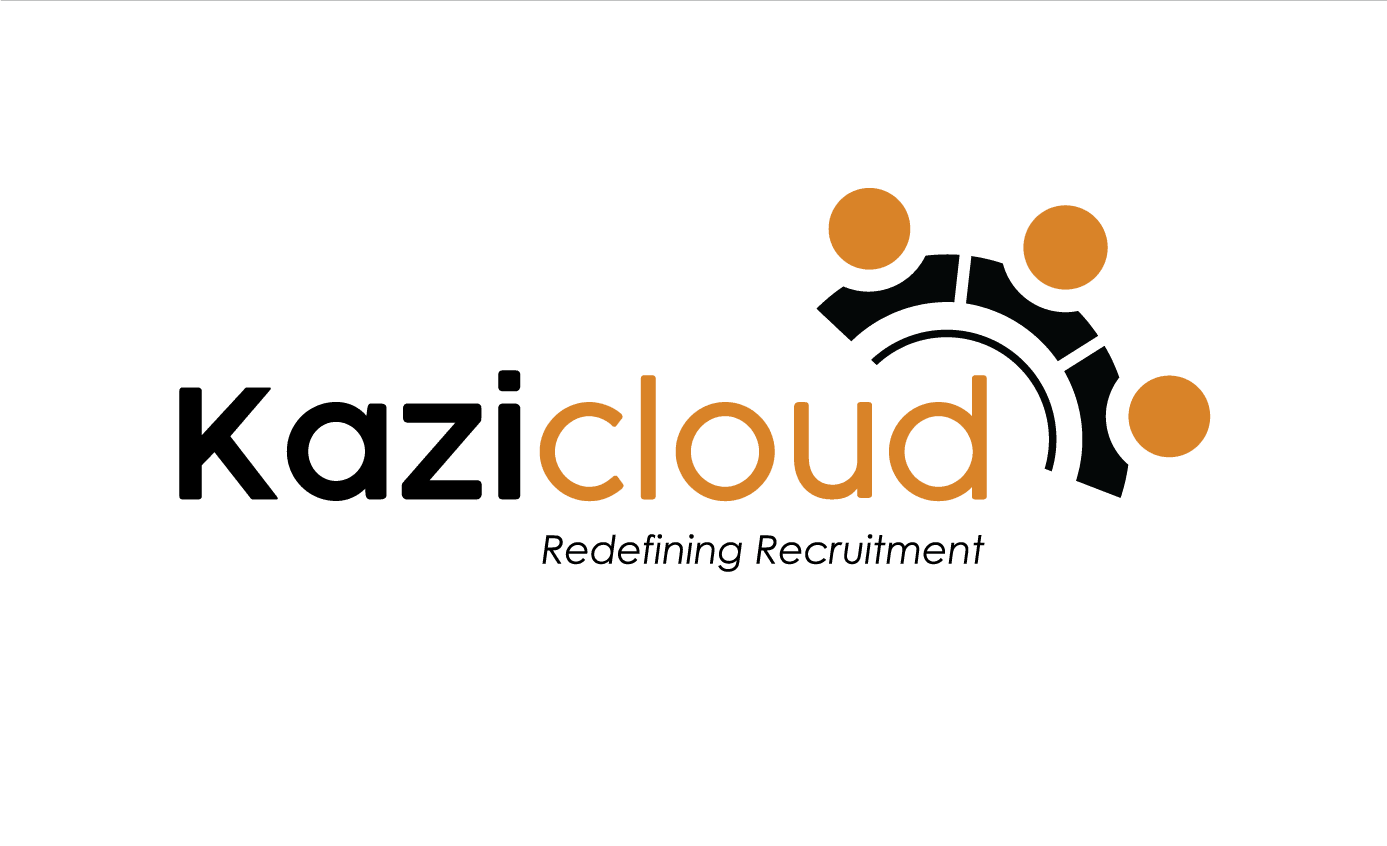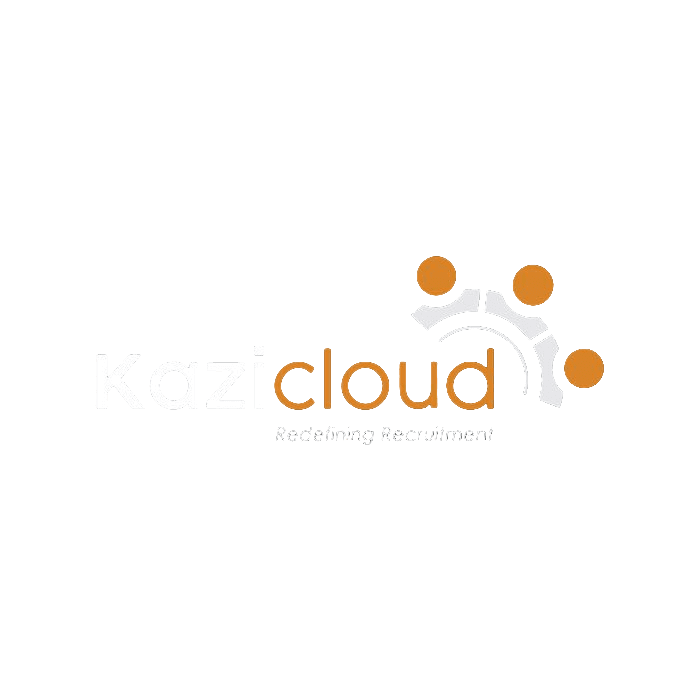Key Highlights
- In this guide, we’ll break down how a strong CV impacts your ability to negotiate a higher salary, attract better offers, and reduce the risk of being underpaid.
- When your CV highlights your achievements, like revenue growth, budget control, or cost savings, it anchors you at a higher compensation level.
- “I appreciate the offer, but based on the scope and outcomes detailed in my CV, especially the 40% cost reduction I led I believe a higher range is justified.
How a Strong CV Can Impact Your Salary Negotiation
If you’re preparing for a job search, here’s the truth: your CV does more than just land interviews; it plays a crucial role in your salary negotiation strategy.
In this guide, we’ll break down how a strong CV impacts your ability to negotiate a higher salary, attract better offers, and reduce the risk of being underpaid.
Why Your CV Is a Key Factor in Salary Negotiation
When hiring managers review candidates, they aren’t just evaluating who to interview, they’re also gauging how much you’re worth. Your CV is often their first tool for doing that.
Here’s how a strong CV affects salary negotiations from the very start:
1. First Impressions Anchor Your Value
A clear, results-driven CV immediately positions you as a high-value candidate. It creates a first impression that directly impacts your starting salary range.
Example of Weak vs. Strong CV Language:
❌ “Managed a team.”
✅ “Led a team of 8 across 3 departments, increasing efficiency by 25% in 12 months.”
The second version anchors a higher perceived value, and that influences the salary number in the employer’s head.
2. A Strong CV Anchors Salary Expectations
In negotiation psychology, anchoring refers to the initial value that sets the tone for discussion.
When your CV highlights your achievements, like revenue growth, budget control, or cost savings, it anchors you at a higher compensation level.
Include High-Value Elements:
- ROI achievements
- Leadership impact
- Cross-functional project results
- Awards and recognitions
The more value you show, the stronger your negotiation position.
3. Weak CVs Invite Low Offers
Recruiters use your CV to quickly estimate your level of experience and what offer they can reasonably extend. If your CV:
- Lacks detail
- Uses vague wording
- Doesn’t show clear progression
…you may be unknowingly giving hiring teams permission to offer below market rate.
A strong CV prevents this by making it clear you’re a serious, market-ready candidate.
4. A Strong CV Gives You Negotiation Leverage
When you receive an offer that’s lower than expected, your CV can serve as hard evidence of your worth.
Example:
“I appreciate the offer, but based on the scope and outcomes detailed in my CV, especially the 40% cost reduction I led I believe a higher range is justified.”
Now, you’re not just asking for more money, you’re presenting a case.
5. Opens Doors to Higher-Level Roles (and Pay)
Sometimes, the hiring manager will see your CV and say:
“This candidate looks overqualified for this role let’s consider them for a senior-level opening.”
This happens more often when your CV:
- Is clearly aligned with business outcomes
- Shows strategic impact
- Positions you as a leader or subject matter expert
And with that shift comes a better title and a bigger paycheck.
Key Takeaways: Why Your CV Matters in Salary Negotiation
| Benefit | Impact |
| Strong First Impression | Positions you for higher pay from the start |
| Anchored Value | Sets expectations before the interview |
| Lowball Protection | Reduces the chance of being underpaid |
| Leverage in Talks | Supports counteroffers with evidence |
| Bigger Opportunities | Unlocks senior roles with better packages |
Your CV Is Your First Negotiation Tool
A strong CV isn’t just about getting interviews. It’s a salary negotiation tool that:
- Increases your market value
- Reduces low offers
- Supports stronger salary discussions
- Opens doors to higher-paying roles
If you want better compensation, don’t skip this step. Invest time or hire an expert to make your CV sharp, focused, and results-driven.
FAQs: Strong CV Salary Negotiation
Does a good CV really affect salary?
Yes. Employers often base your initial compensation expectations on the value they perceive in your CV. A strong CV raises that perception.
What’s the most important part of a CV for salary talks?
Quantifiable achievements and clear results, especially those that tie back to business impact.
Should I include salary expectations on my CV?
No. Let your CV speak to your value. Discuss salary only after you’ve anchored your worth with impact.
Need Help Creating a High-Impact CV?
Whether you’re negotiating a new offer or preparing to re-enter the market, your CV could be your strongest asset or your weakest link.
Contact us today to get a professional CV review and elevate your job search strategy.




